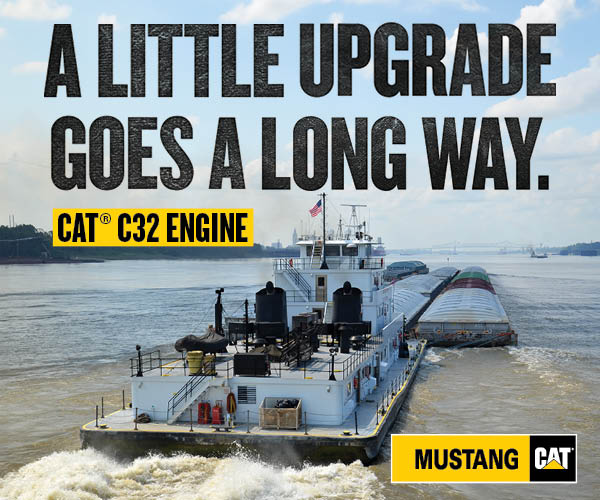July-August 2012
Congress passed the MAPS-21 (Moving Ahead for Progress in the 21st Century) bill on June 29. This bill provides $105 billion in transportation funding plus authorization of highway transit and safety programs through September 30 2014.
The RAMP (Realize America’s Maritime Promise) coalition worked long and hard to get language into this bill that would require the use of the Harbor Maintenance tax to adequately maintain the nation’s navigable waterways and advocates were encouraged by the positive response of house and senate members to this concept especially when Rep. Charles Boustany’s amendment to include the RAMP language in the bill passed the House of Representatives by voice vote on April 18.
On June 26 Jim Sartucci the government affairs counselor who works with the Dredging Contractors of America (DCA) informed members that “the Senate conferees offered to the House conferees RAMP language without the point of order enforcement mechanism.
“Opposition to the RAMP enforcement language by key Senate appropriators appears to be influencing the Senate EPW (environment and public works) committee leadership” he said.
“The House Transportation and Infrastructure Committee (T&I) staff told me that the T&I committee conferees support countering with language that retains the point of order but that objections by the chairmen of the House Appropriations Budget and Rules Committees are limiting the T&I committee’s ability to include the RAMP point of order language in the transportation authorization bill” Sartucci continued and described alternative language that might be more acceptable to the naysayers.
But when the bill passed on June 29 instead of the enforcement mechanism the bill contained only the “Sense of Congress” Section 1536 stating that “the Administration should request full use of the Harbor Maintenance Trust Fund for operating and maintaining the navigation channels of the United States; that the amounts in the Harbor Maintenance Trust Fund should be fully expended to operate and maintain the navigation channels of the United States; and that Congress should ensure that other programs projects and activities of the Civil Works Program of the Corps of Engineers especially those programs projects and activities relating to inland navigation and flood control are not adversely impacted.”
Though it isn’t what RAMP wanted the Sense of Congress could give appropriators a nudge in the direction of funneling more money to the waterways.
DCA’s Barry Holliday said “The RAMP Coalition members continue to be a driving force in educating the Congress on the economic impacts associated with inadequate harbor maintenance. Now that the conferees have expressed their view that harbor maintenance spending should dramatically increase it is up the appropriations committees to deliver. As this language is just the first step in enacting a long-term solution for harbor maintenance funding the RAMP Coalition will continue to pursue stronger authorizing legislation.”
Any important change can be a long time coming and the push to get legislators to use the harbor maintenance tax which has been collected since it was established by the Water Resources Development Act of 1986 is no exception. RAMP members have weighed in with their intentions to keep pushing so keep watching IDR for coverage on this issue.
The editorial picture this issue was taken on board a paddlewheel steamer on the Mississippi River during the Waterways Journal annual outing and this year the company’s 125th anniversary. It also marked the almost-third anniversary of IDR’s ownership by that company an arrangement that is working out well for all concerned.
Thanks to all our readers for making what started out as an experiment in 1981 an unqualified success in 2012.
Judith Powers



